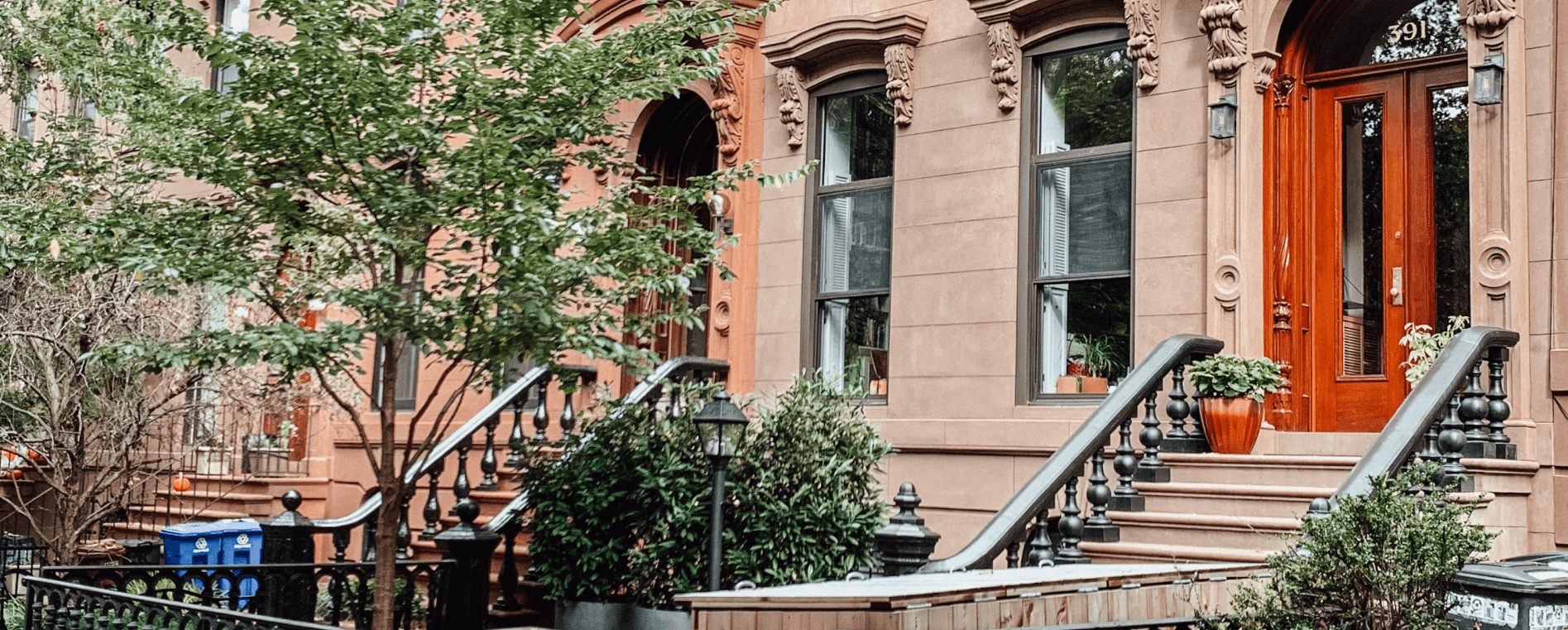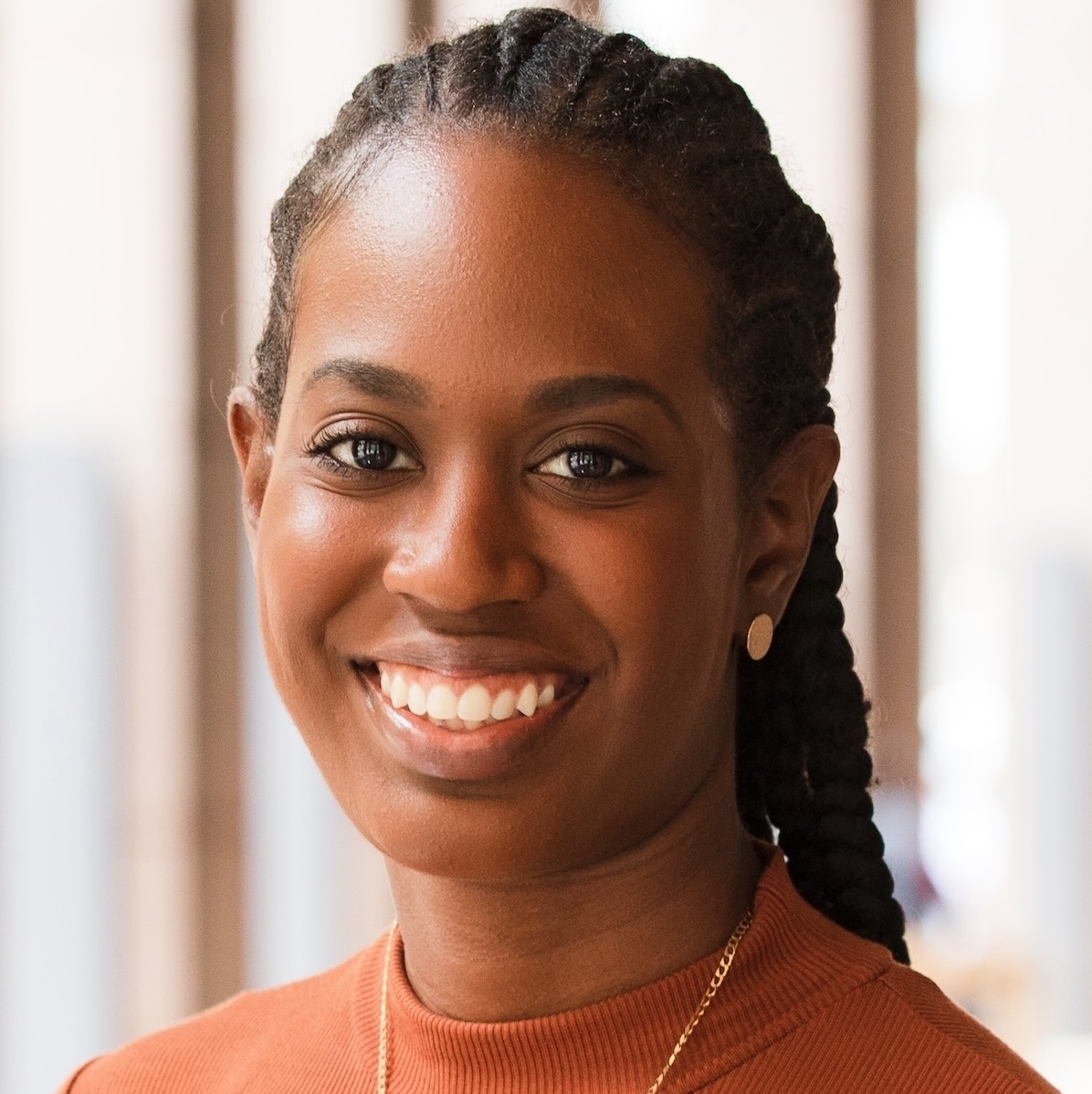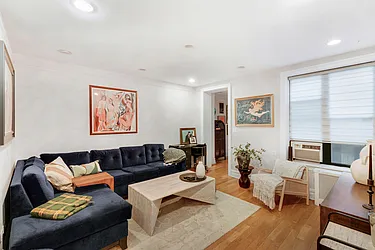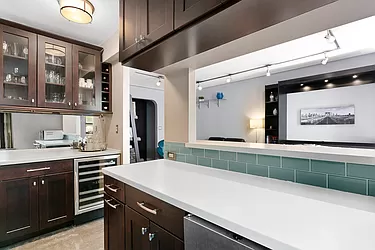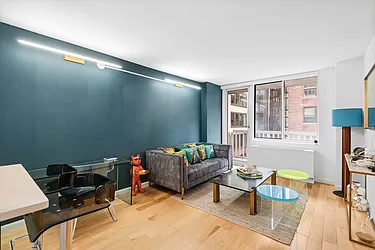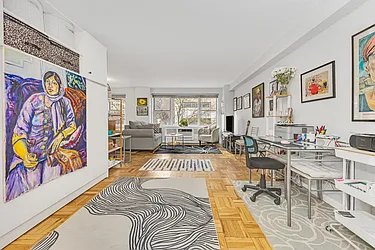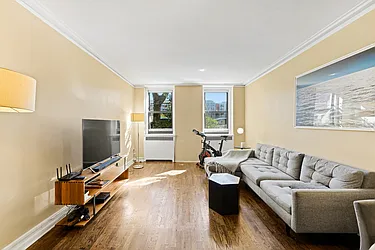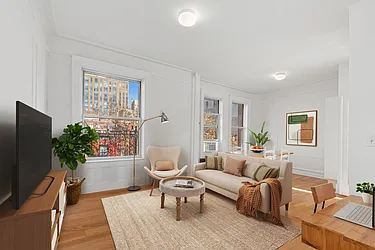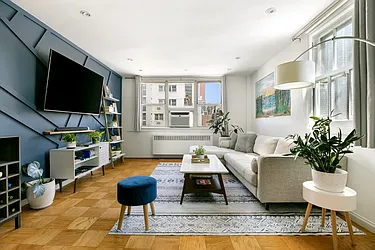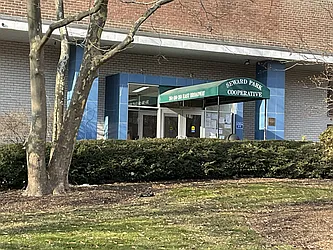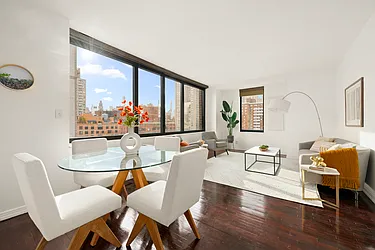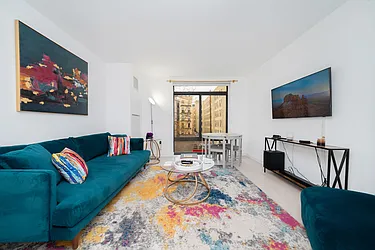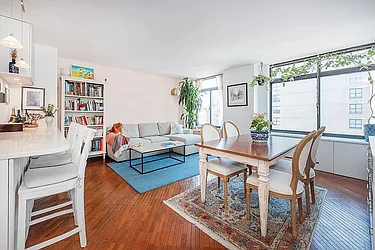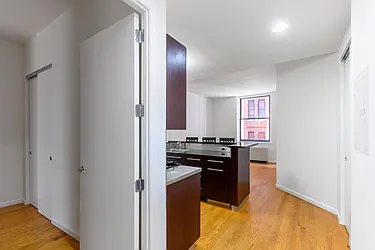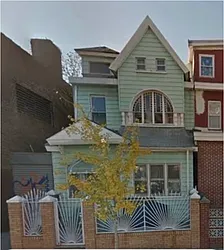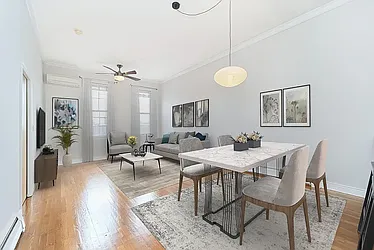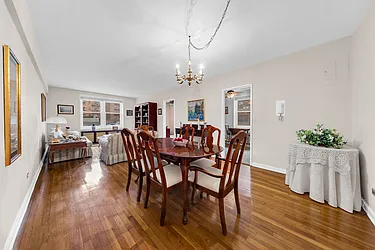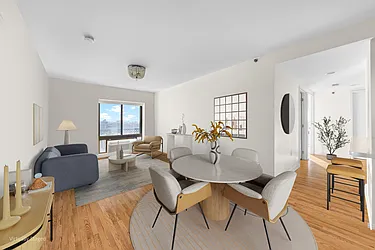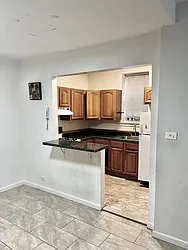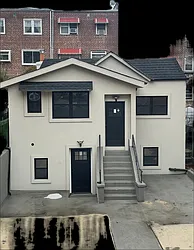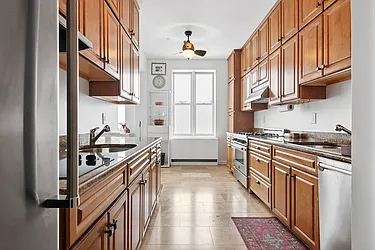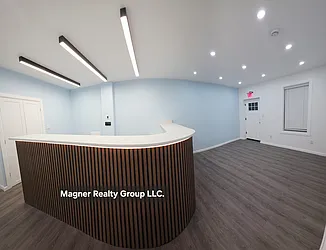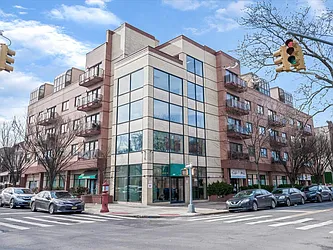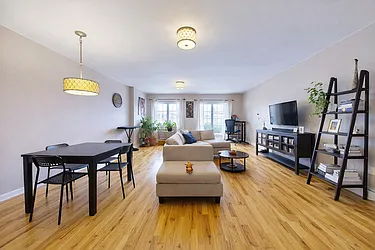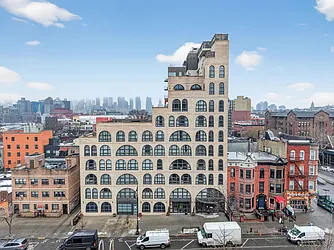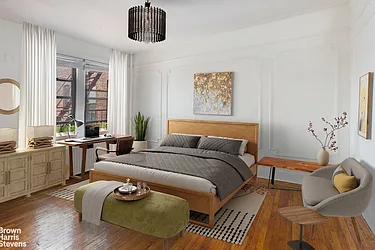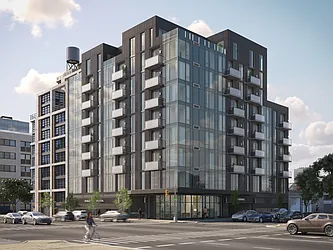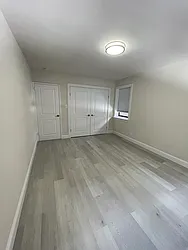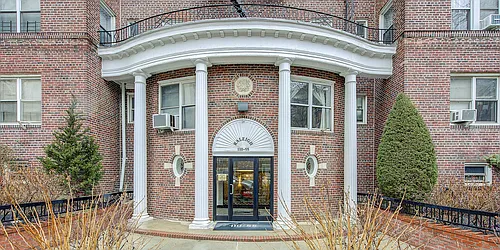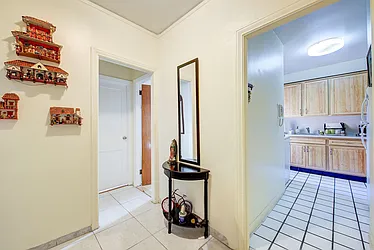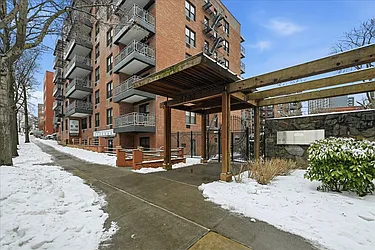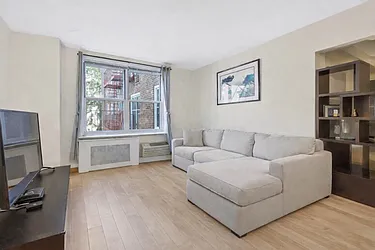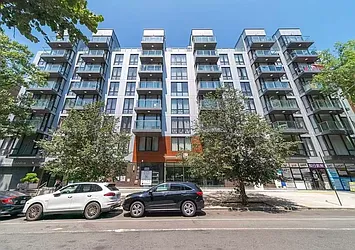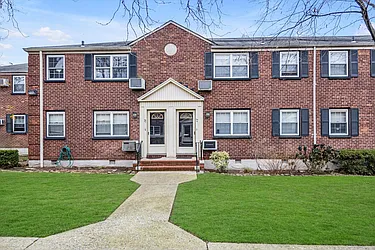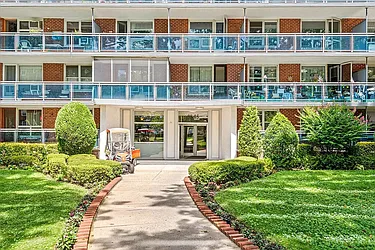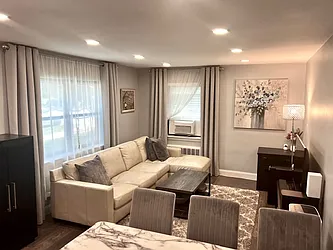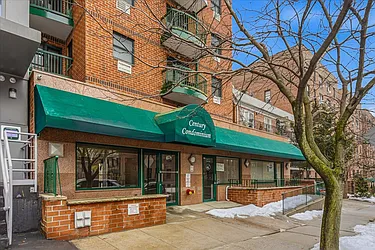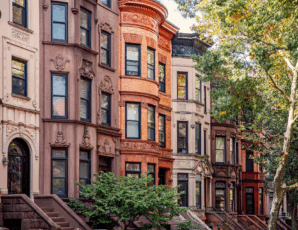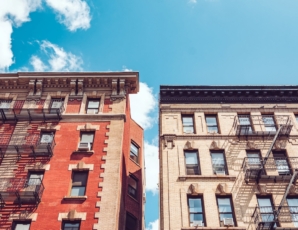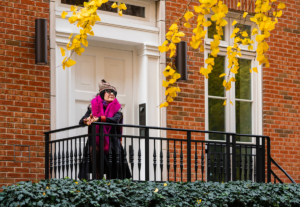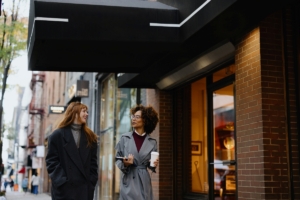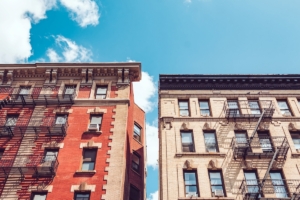Buying a home is one of life’s big milestones and can be equal parts exciting and overwhelming, especially in New York City. From determining your budget to deciding which type of home is best for your needs, there’s a lot to consider when gearing up to purchase your first home. Even things like narrowing down which neighborhood you want to live in, understanding the differences between condos and co-ops, knowing when to begin your search, and so many other questions can leave you feeling inundated in the home-buying process.
If you’re looking for further details, StreetEasy has a comprehensive guide covering everything you need to know when buying a home in NYC. Read on for more information on kickstarting the buying process and things to consider before you get going.
NYC Home-Buying Process: 5 Factors to Consider
1. How Do I Know If I’m Ready to Buy?
This is one of the biggest questions people ask themselves when getting started in the home-buying process and certainly an important one to mull over. While everyone’s answer will vary, there are some signs that strongly suggest it might finally be time to buy. An expanding family is a driving factor for many real estate transactions. If you have a major life event on the horizon, like getting married or welcoming a child, it might be time to upgrade into a space that you and your family can make your own.
Manhattan Homes Under $1M on StreetEasy Article continues below
Another indicator that it’s time to buy is if you’ve had it with renting and are ready to have free range over your living quarters. With renting, you’re subject to rules set by the property owner on what you can and can’t do with your home. Once you own the place, you have the ability to switch up the flooring, swap out appliances, paint the walls, and more. If you’re in a position where purchasing is attainable, this is plenty of incentive to buy, and then to go all out on designing your new digs.
There’s also a level of financial certainty that comes with homeownership that you don’t quite get as a tenant. Landlords can raise rent prices annually at their discretion, while mortgage payments often remain fixed over time. Homeownership also allows you to start building wealth as your property appreciates, which you don’t get to enjoy as a tenant.
Thinking about buying in NYC? Chat with our complimentary, licensed Concierge to learn more about the buying process.
2. Determining Your Budget
The next big step in the home-buying process is assessing your budget to determine how much you can afford to spend. Whether you’re paying cash or financing your purchase, determining your budget is a highly personal decision about which you may wish to consult your financial advisor.
A pre-approval letter is a good place to start when assessing your budget and will tell you how much you are pre-approved to borrow from a lender. While your lender may approve you for a loan with a 10 or 20% down payment, many buildings in New York, particularly co-ops, require a higher percentage down in order to purchase. On StreetEasy, you can find the financing percentage allowed in the listing descriptions, as well as in the payment calculator on the listing page.
You should also keep in mind closing costs, which typically range from 3-6% of the purchase price of a home, as well as your post-closing liquidity. When considering a condo or co-op purchase, it’s important to make sure you include monthly common charges or maintenance fees into your overall budget, with some wiggle room for potential increases.
Brooklyn Homes Under $1M on StreetEasy Article continues below
Some co-op boards will want to assess your remaining liquid assets after your purchase, so you’ll need to make sure that you’re able to meet those requirements. “Most co-op boards will want to see at least two years worth of mortgage and payments in liquid assets after you close so a good rule of thumb to follow is if you’re looking at putting a 20% deposit down, you should have at least another 20% remaining in liquid assets,” says Trina Cooper, a licensed real estate agent with Corcoran and StreetEasy Expert.
Another thing to consider: purchases over $1 million in New York City are subject to a mansion tax, which is a buyer closing cost ranging from 1% to 3.9% of the purchase price.
3. Choosing the Right Type of Home for You
New York City is home to a variety of home types, including townhouses, condos, co-ops, single- and multi-family residences. With so many options, it can be difficult narrowing down what’s best for you, but understanding the pros and cons of each style of home will help you make the right choice for your needs.
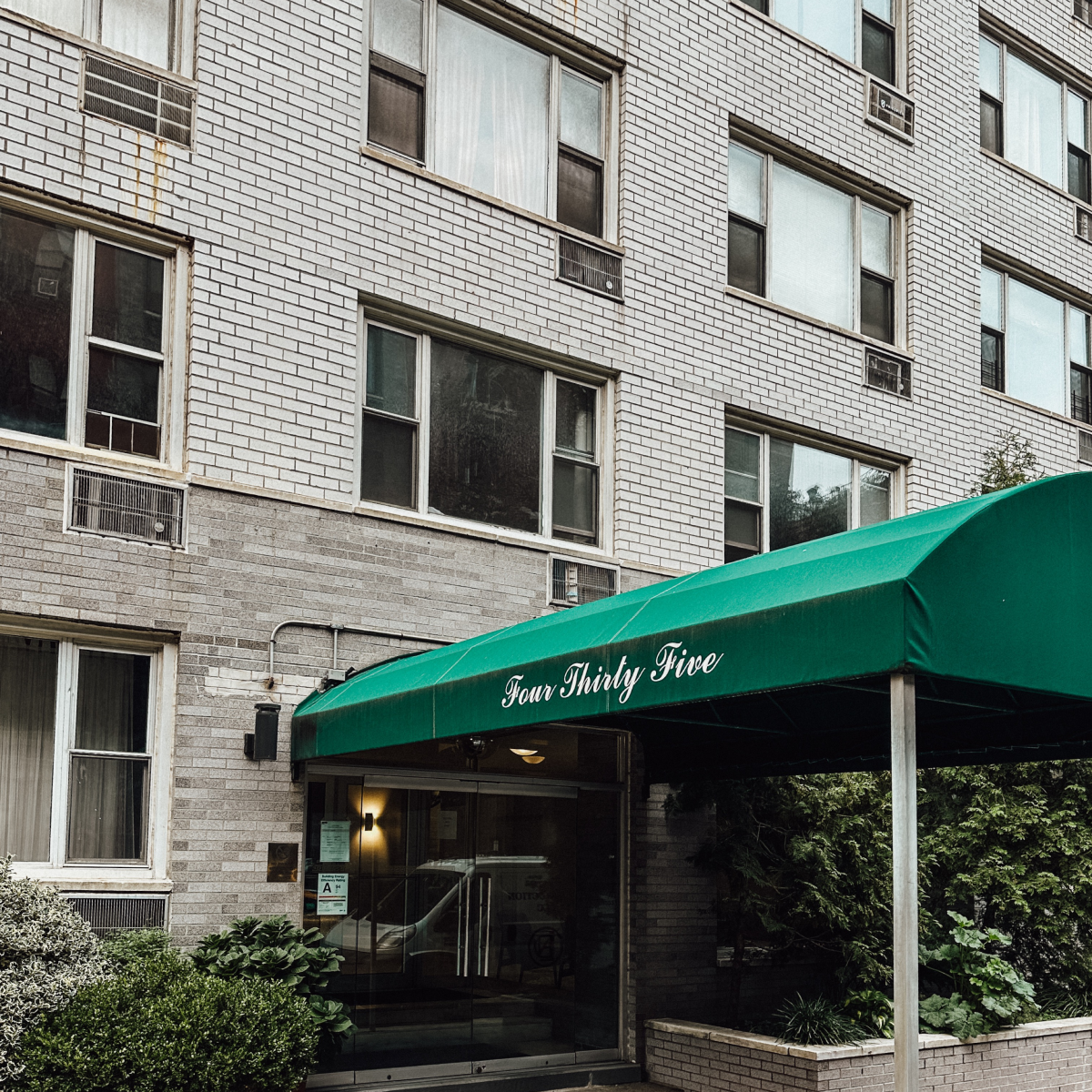
A co-op is a type of real estate in which buyers are actually purchasing shares of a corporation, or “co-op,” that owns the building. More than 65% of NYC’s residential buildings are co-ops. Usually, the size of your unit corresponds with your number of co-op shares, and the bigger the unit, the more shares you own. Prospective buyers will need to be approved by the co-op board (with the exception of sponsor units), and co-op owners are required to pay monthly maintenance fees, which cover the building’s taxes and operating costs, and abide by the rules set by the co-op board.
When purchasing a condo, you gain ownership of the unit itself and co-own the development’s common areas along with the other residents. Condos are generally more expensive than co-ops, as they tend to be newer developments with more amenities. As such, closing costs are higher, but common charges are usually lower than the maintenance fees associated with co-ops. Also, the board approval process is significantly less intense for condos than it is for co-ops, and there are fewer rules in place for owners.
Queens Homes Under $1M on StreetEasy Article continues below
4. When to Start Your Home Search
This is another personal question that will depend on your circumstances, but there are a few tell-tale signs that it’s time to get started on the home-buying process. If you have a lease that’s set to expire soon or a big life event is quickly approaching, you’ll want to start planning to buy several months ahead.
There’s really no telling how long it will take you to find your dream home; for some, it might take years while others get lucky at their first viewing. It really all depends, but you can expect the search process, negotiating an offer, and going into contract to take at least 2 to 4 months. It can be another two months or longer after you sign the contract before you head to closing. When financing, banks need time to underwrite the property, conduct an appraisal, and prepare a mortgage commitment letter. If you’re purchasing a condo or co-op, you’ll also need to prepare an application to the board for approval of your pending purchase.
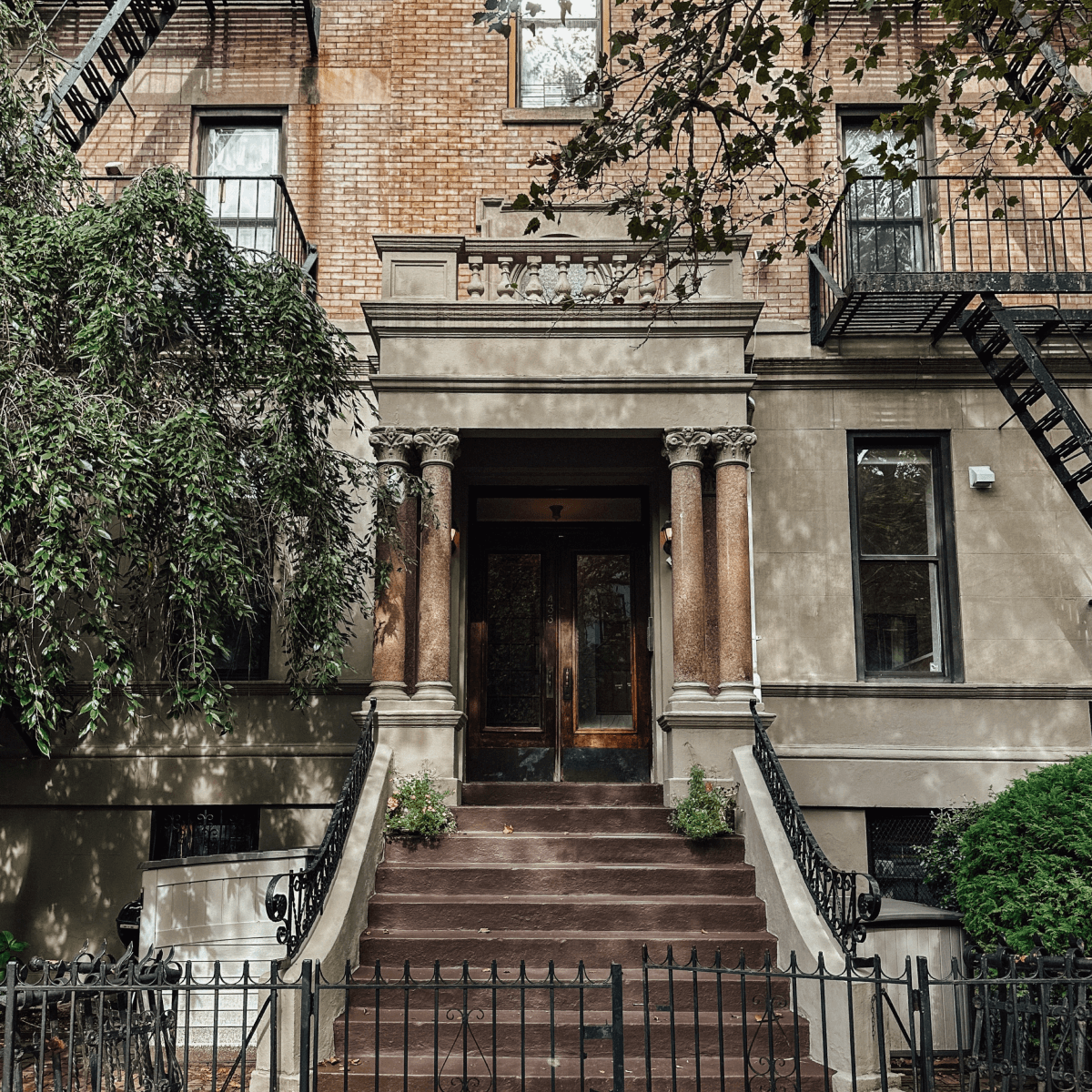
5. Should You Work With a Buyer’s Agent?
While working with a buyer’s agent isn’t required, there are plenty of reasons why it’s a good idea. The primary role of a buyer’s agent is to have your best interests at the forefront throughout the home-buying process and answer any questions you might have along the way — from helping you negotiate to recommending mortgage lenders and a real estate attorney.
One of the unique aspects of buying a home in NYC is the process of obtaining approval from the condo or co-op board, which can take 60 days or more and for co-ops, will likely include an interview. A buyer’s agent can not only help you prepare for the interview but can also be a good resource on the timelines for the buildings that you’re considering.
“An experienced buyer’s agent will save you both time and money,” says Cooper. “Most of them specialize in certain neighborhoods and can easily fill you in on the requirements of various buildings, especially co-ops, that way you’re not running around trying to see places that you’re not qualified for.”
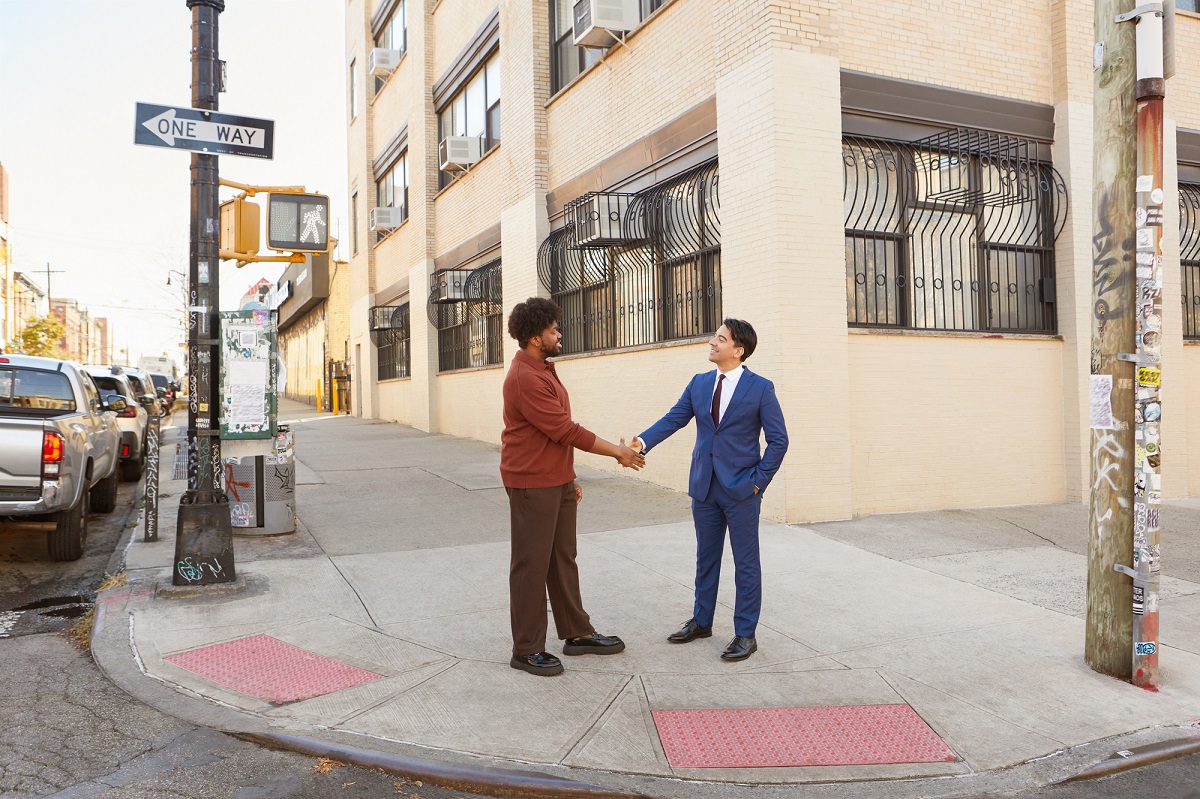
Buyer’s agents are also great for providing real estate comparables – or “comps” – that can help you determine if the asking price of the home you’re interested in is reasonable based on the value of similar properties in the neighborhood. This information is crucial when determining an appropriate offer on your potential new home.
Consider working with a StreetEasy Expert — a member of our network of real estate agents and teams who have verified experience helping buyers purchase homes in the building, neighborhood, or type of unit (co-op, condo, townhouse, etc.) you’re interested in.
There’s a bevy of highly knowledgeable Experts and teams in every borough and across a plethora of neighborhoods, all ready to assist you in finding your perfect home. Connecting with an Expert is as simple as reaching out to StreetEasy Concierge, who will match you with the right Expert for your specific situation.
StreetEasy is an assumed name of Zillow, Inc. which has a real estate brokerage license in all 50 states and D.C. See real estate licenses. StreetEasy Concierge team members are real estate licensees, however they are not your agents or providing real estate brokerage services on your behalf. StreetEasy does not intend to interfere with any agency agreement you may have with a real estate professional or solicit your business if you are already under contract to purchase or sell property.
